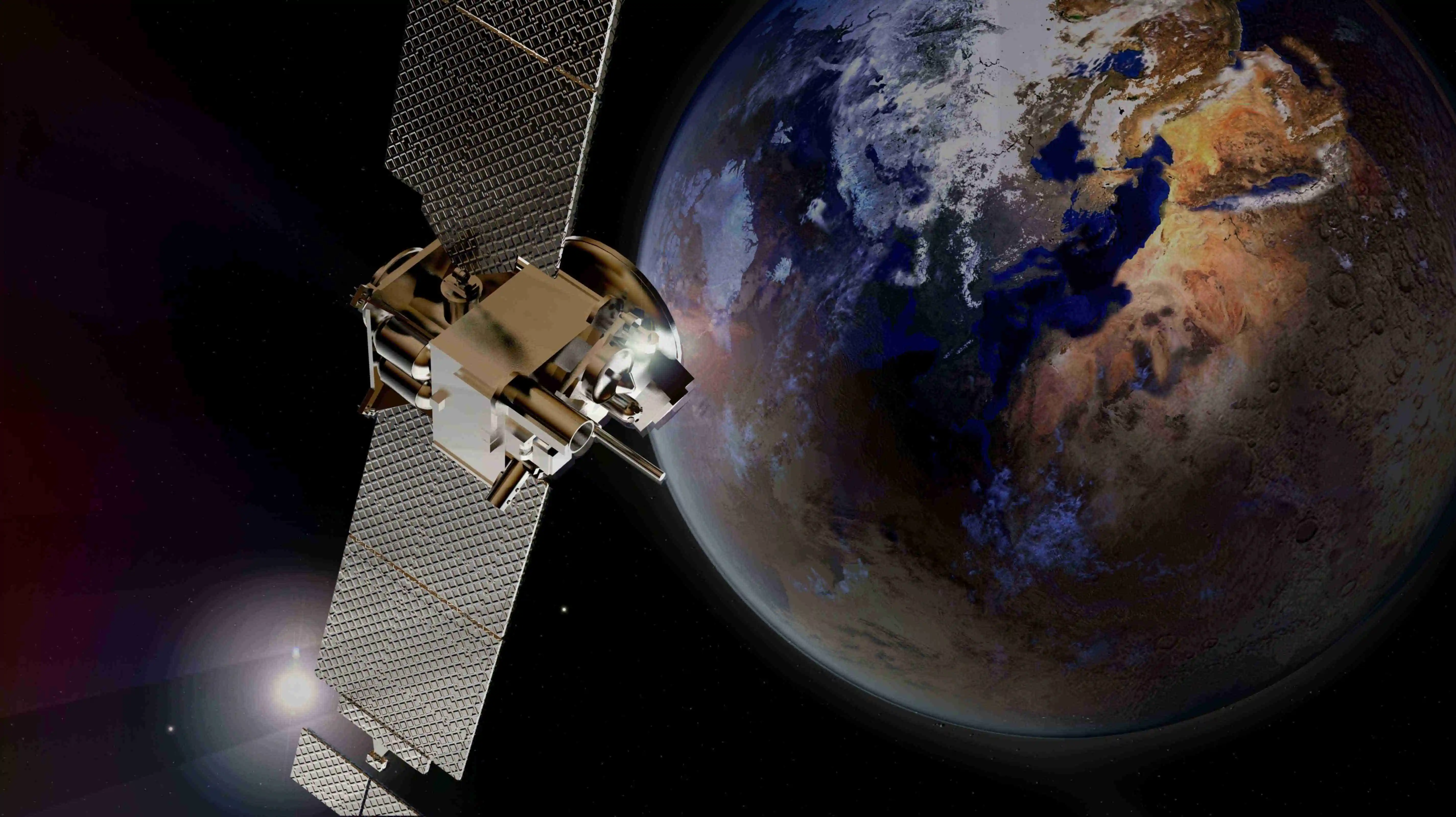What is BeiDou Navigation Satellite System?
The world has come to know BeiDou as China's answer to the U.S. GPS. However, with advancements in space technology, BeiDou's satellite navigation capabilities are rapidly setting new standards in the global arena. With a trajectory that suggests it may soon surpass other systems in accuracy, there's no denying the future is bright for BeiDou satellite.
Read More: GPS, GLONASS, GNSS and Galileo GPS
Delving Deeper: The Components and Capabilities of BeiDou
BeiDou is more than just a navigation system; it's a robust constellation of 35 satellites, operating from the Xichang Satellite Launch Center in Sichuan Province, with its reach expanding from East Asia to Southeast Asia and beyond. These satellites are strategically placed in geostationary, medium earth, and inclined geosynchronous orbits, offering unparalleled global coverage.

But what sets BeiDou apart?
Accuracy: Public users can expect an impressive accuracy of 3.6 m, but for those in the Asia Pacific region, this precision is further refined to 2.6 m. Encrypted users? They're looking at a stellar 10 cm!
A Pioneering Trajectory: BeiDou's satellite navigation journey began in 2000. In the span of two decades, the BeiDou system expanded from an experimental setup of three satellites to a formidable global navigation satellite system of 35. By 2012, BeiDou had already established itself as a regional powerhouse, covering China, South Asia, and the surrounding areas.
A Glance into BeiDou's Evolution and Collaborative Initiatives
China recognized the prowess of the U.S. GPS early on and initially sought collaboration with the Galileo GPS. This cooperation saw interest from countries like India, South Korea, Russia, Japan, and Australia. However, China chose self-reliance, focusing solely on BeiDou's development.
And while there have been challenges, the relentless pursuit of excellence has kept BeiDou on an upward trajectory. The BeiDou satellites, launched from the Xichang Satellite Launch Center, have demonstrated the prowess of China's space technology and the country's dedication to satellite positioning accuracy.
The Future of BeiDou and Its Impact on Global Navigation
As BeiDou carves out its space in the sky, stakeholders across sectors are watching with bated breath. Insurers are exploring how precise driving data can craft customized policies. Businesses are eyeing the potential of targeted marketing campaigns fueled by BeiDou's superior positioning capabilities.
Additionally, with the BeiDou system bolstering China's dominance in the South China Sea and the broader Asia Pacific region, geopolitical strategists are keenly observing the satellite system's role in regional dynamics.
In summary, BeiDou is not just a satellite system; it's a testament to innovation, collaboration, and ambition. As BeiDou continues its ascent, global users and industries stand to benefit immensely from its precision and vast potential.





